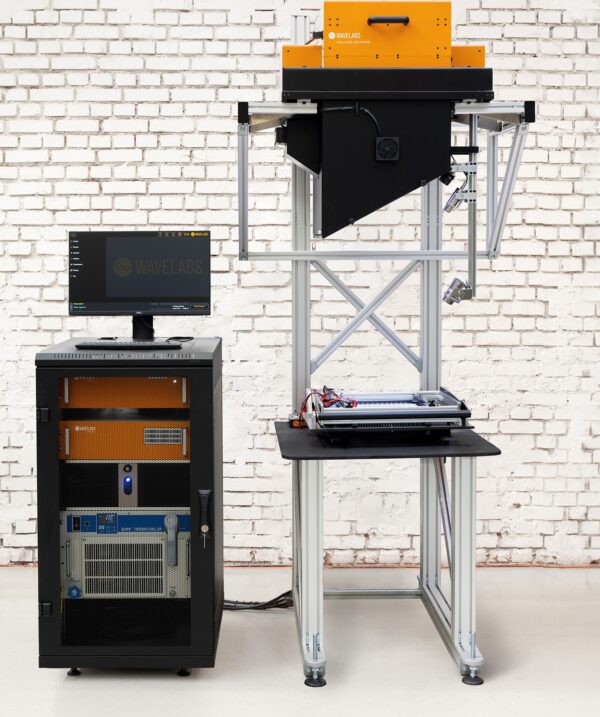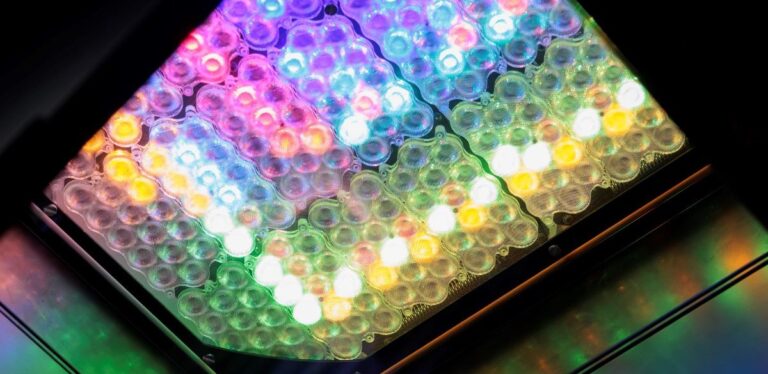Wavelabs, a German manufacturer of test instruments and solar simulators based on light-emitting diodes (LED), unveiled Sinus-430 Advanced, created for characterizing thin-film and perovskite mini-modules. It has a customizable spectrum with adjustable LED, with an illuminated area of 306 mm x 306 mm.
“Our new simulator bridges the gap between small-scale cell characterization and module-sized research and production,” said Wavelabs’ project manager Hans-Christian Schaich.
Exposure times are programmable, as is continuous lighting. The light engine is rated A+A+A+ and supports calibration with spectral non-uniformity of less than 1%. Characterization support includes integrated electroluminescence (EL), photoluminescence (PL), synchronized infrared (IR), and external quantum efficiency based on Wavelabs’ Rapidwave-EQE.
The company said the solar simulator is ‘tandem-ready’ with automatic spectrum calibration of 25 different LED channels to enable current mismatch matching. It also has a built-in spectrometer and intensity sensor with an automated feedback loop to ensure long-term stability of the defined spectrum.
This is the latest product from Wavelabs to meet the needs of researchers and manufacturers working on newer high-efficiency cell technologies. Last year it unveiled a large array of industrial and tabletop-sized instruments.

This content is copyrighted and may not be reused. If you would like to collaborate with us and reuse some of our content, please contact: editors@pv-magazine.com.


